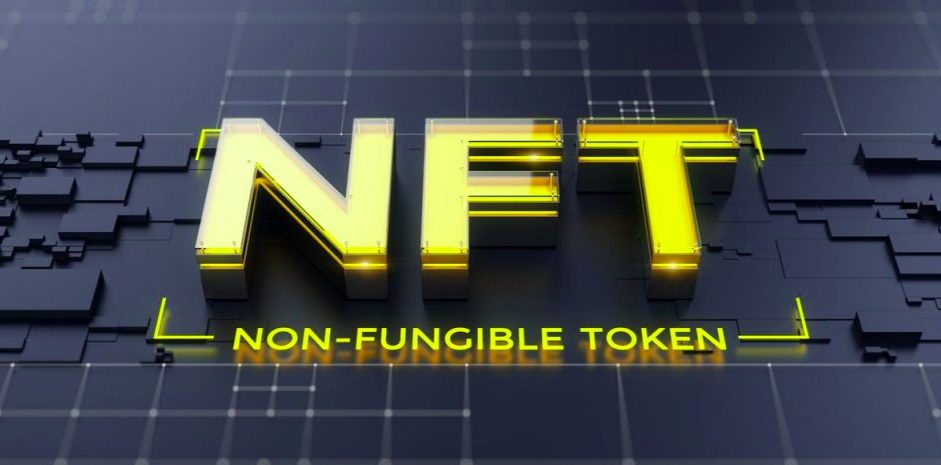How NFTs Could Benefit Developing Countries
The developed world boasts as the champion for Non-fungible tokens. However, the NFT revolution is also swiftly gaining traction across many developing countries, especially in Africa and Asia. The NFT market now comprises artists, content developers, and entrepreneurs from different parts of the world, promoting inclusion.
Although NFTs are pretty popular today, most people mainly invest in them due to the hype on online platforms. That idea may not be wrong, but it is also essential to understand the practical applications and implications of NFTs before investing in them. The following article explains how Non-fungible tokens can benefit developing countries.

Reliable Incomes for Creators
Many artists and content creators in developing countries have been unable to generate reasonable incomes mainly due to the lack of proper mechanisms for creating and selling their works. NFTs have made it possible to quickly produce and sell different kinds of original works to a global audience. NFTs can represent physical and digital assets, including event tickets, paintings, real estate, and rarities.
NFT creators use blockchain technology to create unique items which people can't replicate. That also makes NFTs very scarce while the market demand grows daily. Like any other open market, a product with higher demand and short supply usually attracts more elevated prices. That allows creators to generate substantial and reliable revenue streams from the sales of their works. A platform such as nftspedia.com is an example of a trustworthy crypto and NFTs marketplace.
Even after its original creator's initial sale of an NFT, that entity or individual can still receive a percentage of that item's future sales.
Better Asset Management
Several developing countries have relied on traditional and centralized systems for asset management for decades. While those systems still work today, they are subject to various bureaucracies that expose creators and investors to multiple risks. non-fungible tokens provide a better solution to such inadequacies.
The production of Non-fungible tokens occurs on the blockchain. The technology validates the details of each item, including its owner's name and date of creation, on a permanent ledger. That makes it much easier to determine an asset's authenticity and ownership. NFTs can help creators and investors in developing countries avoid bottlenecks in asset management.
Non-fungible tokens can represent various kinds of physical and virtual assets. The tokenization of assets democratizes the creation and exchange of digital assets. NFTs allow potential buyers and collectors to determine the assets' authenticity and track their trades across the value chain more conveniently and safely.
Marketplace Efficiency
Like cryptocurrencies, NFTs also seek to promote marketplace efficiency. They can help creators, publishers, and entrepreneurs in developing countries to reduce the rampant inefficiencies in their supply chains. One of the ways through which NFTs achieve that goal is by eliminating intermediaries from trades.
The blockchain is a decentralized platform that enables NFT creators and content developers to connect to their audiences directly. Besides, it also gives them easy and unlimited exposure to global markets. The absence of intermediaries reduces the transaction costs and potential delays often experienced in cross-border asset transfers. The NFTs' underlying blockchain technology speeds up the process of asset transfer, simplifies transactions, and creates new markets.
Non-fungible tokens can also help developing countries streamline their supply chains and eliminate the common risks in cross-border transactions, such as fraud. People can't replicate NFTs without the owner's permission, which also helps to reduce the proliferation of counterfeit products.
Overall, Non-fungible tokens provide unique economic opportunities for artists, creators, and entrepreneurs. They can facilitate increased incomes for creators, better asset management, and marketplace efficiency.
You should read it
- ★ How is Phishing used to steal NFTs?
- ★ Why does USB drive, memory card ... use FAT32 format instead of NFTS?
- ★ The NFT sale in the metaverse is so hot that it blocks the entire Ethereum blockchain network
- ★ The hottest money-making blockchain games today
- ★ Facebook and Instagram will probably let users create and sell NFTs